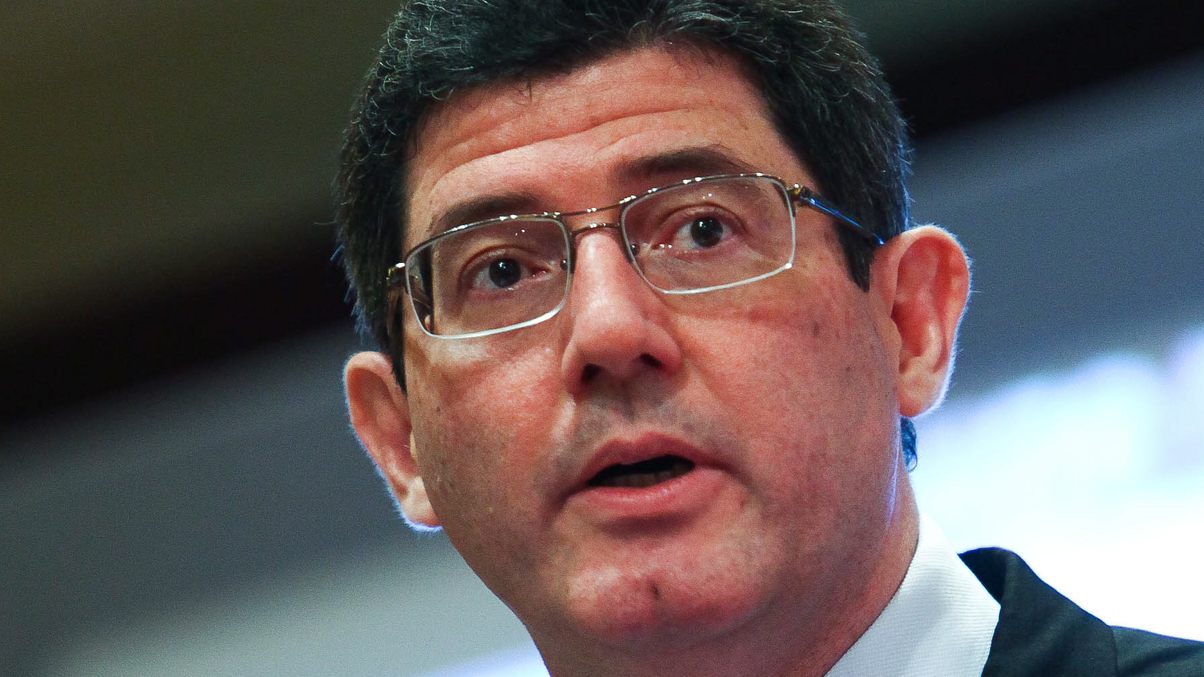Corporate bonds seen as best way to play Brazil
Bradesco Asset Management’s Joachim Levy says the growing credit market is the best way for global investors to get exposure to the country’s growth.

Although most foreign investors tap the Brazilian growth story through direct investment or private equity, for those who prefer securities portfolio investments, the best opportunity is in corporate bonds, says Joachim Levy, chief strategist at Bradesco Asset Management (Bram).
Sign in to read on!
Registered users get 2 free articles in 30 days.
Subscribers have full unlimited access to AsianInvestor
Not signed up? New users get 2 free articles per month, plus a 7-day unlimited free trial.
¬ Haymarket Media Limited. All rights reserved.


